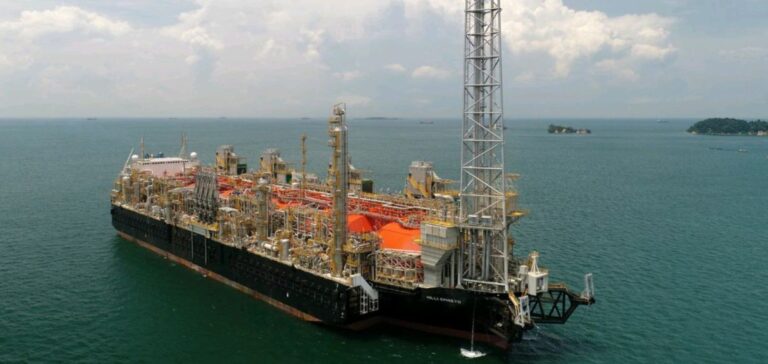British oil company Tower Resources is actively preparing to launch the drilling programme for the NJOM-3 well as part of the development of its Thali project in Cameroon.
Ongoing technical preparations
Tower Resources is assessing available drilling rigs, with proposals for deployment between June and December 2025. At the same time, the company has strengthened its team by recruiting a senior geologist and a drilling engineer to ensure efficient operational planning.
Awaiting government approvals
These initiatives are contingent on the Cameroonian government’s approval of a one-year extension of the Thali project license. This extension is crucial for Tower Resources to finalise preparations for drilling the NJOM-3 well.
Farm-out agreement with Prime Global Energies
In January, Tower Resources reached a farm-out agreement with Prime Global Energies, granting a 42.5% stake in the Thali project in exchange for a $15 million funding commitment to cover the drilling programme costs. This agreement is subject to approval by Cameroonian authorities, expected by the end of March.
Objectives of NJOM-3 drilling
The NJOM-3 well aims to exploit contingent resources within the Njonji 1 fault block and the PS9 reservoir of the Njonji South fault block. If successful, these resources could be converted into proven and probable reserves (2P), paving the way for NJOM-3 to become a production well and for the subsequent drilling of three additional production wells on the Thali field.
Cameroon’s oil sector outlook
Cameroon continues to experience a decline in crude oil production, attributed to the maturity of existing fields. Projections for 2025 estimate output at 20.7 million barrels, down from 22.9 million barrels in 2024. This trend could impact the oil sector’s contribution to the country’s gross domestic product, with a contraction of 3.6% expected in 2025, following a 2.6% decrease in 2024.
The advancement of the Thali project, particularly the NJOM-3 drilling, could shape the future trajectory of Cameroon’s oil production.






















